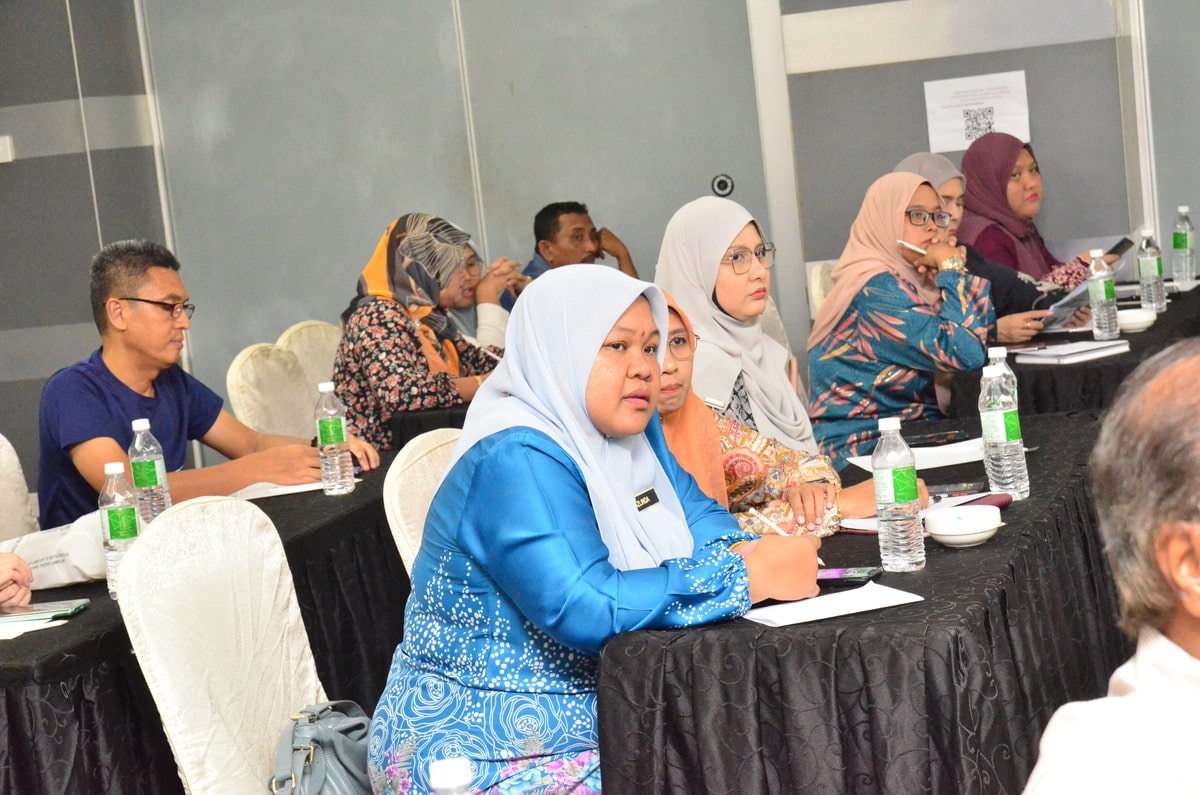As we all know, Malaysia is now considered an ageing nation, with over 7 per cent of its population now aged 65 years and over. By the year 2044, 15 per cent of our population will be aged over 65 years, making us an aged nation.
The nation is ageing as the result of a plummeting birth rate coupled with increased life expectancy from better nutrition, sanitation and health care. However, without changes in the way we live, our country will see a drastic reduction in its workforce and unprecedented burden on health and social care systems, with inevitable financial consequences from the reduction in productivity and increased expenditure that is likely to occur unless preventive steps are taken.
The AGELESS project brings together private and public universities to address cognitive frailty. AGELESS stands for Transforming Cognitive Frailty into Later-Life Self-Sufficiency.
Cognitive impairment indicates a loss of memory with or without it affecting the ability to manage daily tasks. Frailty increases the risk of being admitted to hospital, becoming disabled and death.
By addressing the combination of cognitive impairment and physical frailty, the AGELESS research team has worked to develop effective strategies to combat these two issues that commonly affect the older adult, and at the same time enhance collaborations and capacity building specifically for research on ageing and the implementation of ageing research.
Statistics from our project show that up to one in five individuals aged 60 years and over experience memory loss whereas four out of ten are socially vulnerable. For many, the memory deficits can be transient while for others this can be considered as an early sign of dementia.
We are now able to group individuals into favourable groups who are likely to recover, and the ones who have a higher chance of developing dementia.
Statistics published by the Institute of Public Health through their National Health and Morbidity Survey — The Elderly five years ago found that one in 12 Malaysians aged 60 years and over have dementia.
As for frailty, our current survey shows that one in ten older individuals is considered frail, but over 50 per cent are currently pre-frail. Similar to individuals experiencing memory loss, frailty can also be potentially reversible.
The AGELESS project has enhanced our ability to recognise cognitive frailty early by defining groups that are more likely to develop cognitive frailty, but more importantly, groups that are able to recover.
We found that having mental health issues might seriously affect the older person’s ability to recover from cognitive frailty and earlier states that predisposed to cognitive frailty.
Interuniversity and interdisciplinary collaborations allow us to transfer this information to our engineering colleagues in Universiti Putra Malaysia and Universiti Teknologi Petronas to develop artificial intelligence systems to further refine our prediction of cognitive frailty.
The interaction between physical frailty and cognitive decline presents a significant public health concern with consequences for older persons and their carers. In response to this, the MyAgeing, UPM team is responsible for studies on care workforce and family caregivers to address the cost of aged health care and long-term care (LTC) in our ageing society.
The project led by Universiti Teknologi MARA provides additional insight into our gut health. By studying the bacteria that live in the guts of our older population, we are able to identify the differences in patterns linked to cognitive frailty.
Then using both animal models as well as a human study, our colleagues from UiTM are now trying to determine whether there are ways to improve our gut bacteria or microbiome through diet and lifestyle interventions.
The human study on multidomain lifestyle interventions against cognitive frailty is led by Universiti Kebangsaan Malaysia. The AGELESS trials put Malaysia on the world map of studies on cognitive impairment through the world-wide FINGER collaboration.
The study is now nearly complete, and preliminary results suggest that we are able to reverse cognitive frailty through a localized intervention programme, delivered through a combination of online and face-to-face sessions. This is an intensive programme involving exercise, diet, brain stimulation, vascular risk management and psychosocial intervention.
Monash University Malaysia is at the forefront of addressing mobility challenges faced by older adults in Malaysia, a key factor affecting their ability to remain connected and relevant. Monash University Malaysia has developed and tested a smartphone application designed to leverage volunteers in assisting older individuals with their mobility needs, both within and outside their homes.
This innovative solution aims to serve a broad spectrum of the population, from rural residents with limited access to public transport to urban dwellers facing parking difficulties. Furthermore, the enhancement of indoor mobility is vital for older adults and those with mobility impairments, enabling them to partake in daily activities.
The effectiveness of various assistive technologies, including home care beds, commodes, and reclining wheelchairs, has been evaluated to improve the indoor mobility of older adults, aiming to enhance their quality of life.
The stakeholders’ engagement event held on March 1, 2024, has showcased our preliminary findings to key stakeholders in Perak. Perak is the oldest state in Malaysia, and has been forward thinking in the development of both aged-friendly cities as well as a silver industry.
The event has opened up opportunities for dialogue to both inform future research efforts and develop effective collaborations. More importantly, we hope that this will help accelerate the dissemination of our findings and innovations directly to those who are able to put them to good use.
- Prof Dr Tan Maw Pin, Universiti Malaya.
- Assoc Prof Dr Rahimah Ibrahim, Universiti Putra Malaysia.
- Prof Dr Abu Bakar Abdul Majeed, Universiti Teknologi MARA.
- Prof Dr Suzana Shahar, Universiti Kebangsaan Malaysia.
- Prof Dr Teh Pei Lee, Monash University Malaysia Campus.
On behalf of all AGELESS investigators.
- This is the personal opinion of the writer or publication and does not necessarily represent the views of CodeBlue.





